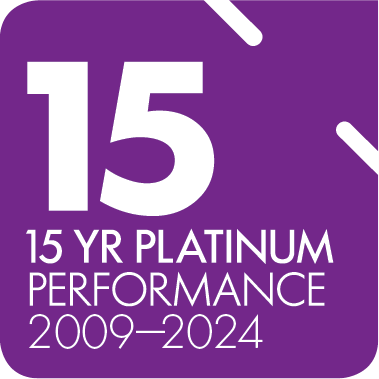When it comes to superannuation and retirement it can be hard to keep up.
The rules keep changing and trying to navigate the various government sites to find a straightforward answer can send you in circles.
Our financial planners can help. Whether you're approaching retirement, raising a family, or just starting out, they can help you make the most of your super and plan for a better future.
But if you're not quite ready to speak with someone, we've compiled the most common questions members ask us (and the answers) below.
Preparing for retirement
I’m approaching retirement and considering going part-time at work to achieve a better work/life balance. How can I do this? What impact will this have on my financial future? Can I afford to do this?
A Transition to Retirement Pension (TRP) can help you scale back your work hours while maintaining the same income. You can do this by drawing an income from your superannuation while you’re still working.
If you have reached your preservation age (the earliest age you can access your super), and are still working, a TRP offers flexibility. It can help you structure your working life and income to suit your needs.
Note that this may impact your taxation position as well as the amount of funds you have for your retirement.
Accessing my super in retirement
I’m ready to retire. What do I do? Will the government give me money? How do I access my super?
An Account Based Pension is one of the ways you can access your super when you retire from the workforce. It allows you to nominate how much income you’d like to draw down from your super on a regular basis (while the balance remains invested).
Most Australians retire on some combination of their super and the Age Pension. Whether you qualify for a full or part pension comes down to the Government’s assets and income threshold. This is something a financial planner can assist with.
Factors that can affect your Age Pension eligibility include but are not limited to; home ownership, bank accounts, investment accounts, super accounts, pension accounts, gifts to family members, marital status and so on.
Growing my super while on parental leave
I’m planning on starting a family. This means that I will be off work. What does this mean for my super and how will this impact my retirement? Is there anything I should be doing now or planning for financially?
The good news is you have options. Even if you’re not earning an income (and the associated super contributions), there are several ways you can continue to grow your long-term super balance.
A spouse contribution is one popular option. It enables someone to make an after-tax contribution to their partner’s super account. This may have tax advantages for the person who contributes the payment. A government co-contribution is another option, and can be used in conjunction with a spouse contribution.
Starting a family is usually an exciting and fast paced time in one’s life. There are so many items to organise that quite often, superannuation is one of the last things on the list to consider. However, with good financial planning, you can ensure that your super account is not falling behind and that you’re also taking advantage of some great government initiatives such as the government co-contribution that are designed to help boost superannuation balances.
Just remember that once the money is in your super account, it generally cannot be withdrawn until you retire.
Investing my money
I’ve got excess savings and I want to be smart with my money. What are my options? Should I put it into super? Should I invest it in the stock market? Should I put it in a bank account?
A financial planner can’t tell you how to invest your money, but they can explain different investment scenarios and the associated pros and cons. As far as super is concerned, making additional, voluntary contributions can be a tax effective way to invest money.
Not only can you benefit from long-term investment returns, but you may also be able to claim a tax deduction on your additional contributions.
Getting ahead financially
I feel like I’m not making any financial progress and am just working to make ends meet. What can I do to get ahead and start saving for the future?
Everyone’s income, lifestyle, and financial expectations are different, so there’s no universal answer. That being said, a few small changes can make a big impact on your future super balance and overall finances.
Something as simple as consolidating your super is a great place to start. You can also look at salary sacrificing and choosing a more appropriate investment mix.
A financial planner can help you look at both short-term actions, and what they might mean in ten, twenty, or thirty-years’ time.
A little advice can go a long way.
Our financial planners understand that your circumstances and goals are unique. That's why they work with you to identify your long-term objectives and build personalised financial plans to help you achieve them.
If you've got questions about your finances, we can help. An initial appointment with one of our planners is available at no additional charge and is obligation free.











